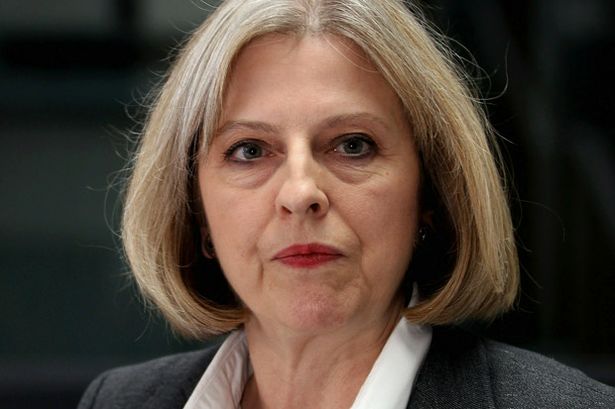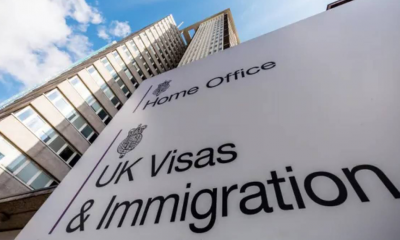The British Prime Minister, Theresa May, said on Sunday she would trigger a process that would see the United Kingdom leave the EU before the end of March, 2017.
A shock vote in June propelled Britain to leave the European Union and the former PM, David Cameron subsequently resigned saying “Britain needs a new leader to lead through the new era.”
In a move to ease fears among her ruling Conservatives that she may delay the divorce, May will tell the party’s annual conference in Birmingham, central England, that she is determined to move on with the process and win the “right deal”.
Using Article 50 of the EU’s Lisbon Treaty will give Britain a two-year period to clinch one of the most complex deals in Europe since World War Two.
“We will trigger before the end of March next year. Now that they know what our timing is going to be … (I hope) that we’ll be able to have some preparatory work so that once the trigger comes we have a smoother process of negotiation,” May said.
Britain’s decision to leave the EU on June 23 sparked turmoil in financial markets as investors tried to gauge its impact on the world’s fifth largest economy and the bloc.
ALSO SEE: Brexit’s impact on the world economy
The country’s allies fear that its exit from the EU could mark a turning point in post-Cold War international affairs that will weaken the West in relation to China and Russia, undermine efforts toward European integration and hurt global free trade.
May said, “What I am doing today is setting out some further detail on the timing and the way we are going to approach this whole question.”
She said her government must respond to the demands of voters, many of whom fear that hospitals and schools are being stretched by high levels of migration from the European Union.
But while trying to keep EU partners on board, her move to repeal next year the 1972 European Communities Act, which took Britain into what is now the EU, and make Britain “a sovereign and independent country” was aimed directly at her party.

 Health5 days ago
Health5 days ago
 Entertainment7 days ago
Entertainment7 days ago
 Crime6 days ago
Crime6 days ago
 Education1 week ago
Education1 week ago
 Health1 week ago
Health1 week ago
 Comments and Issues6 days ago
Comments and Issues6 days ago
 Football7 days ago
Football7 days ago
 Latest6 days ago
Latest6 days ago










